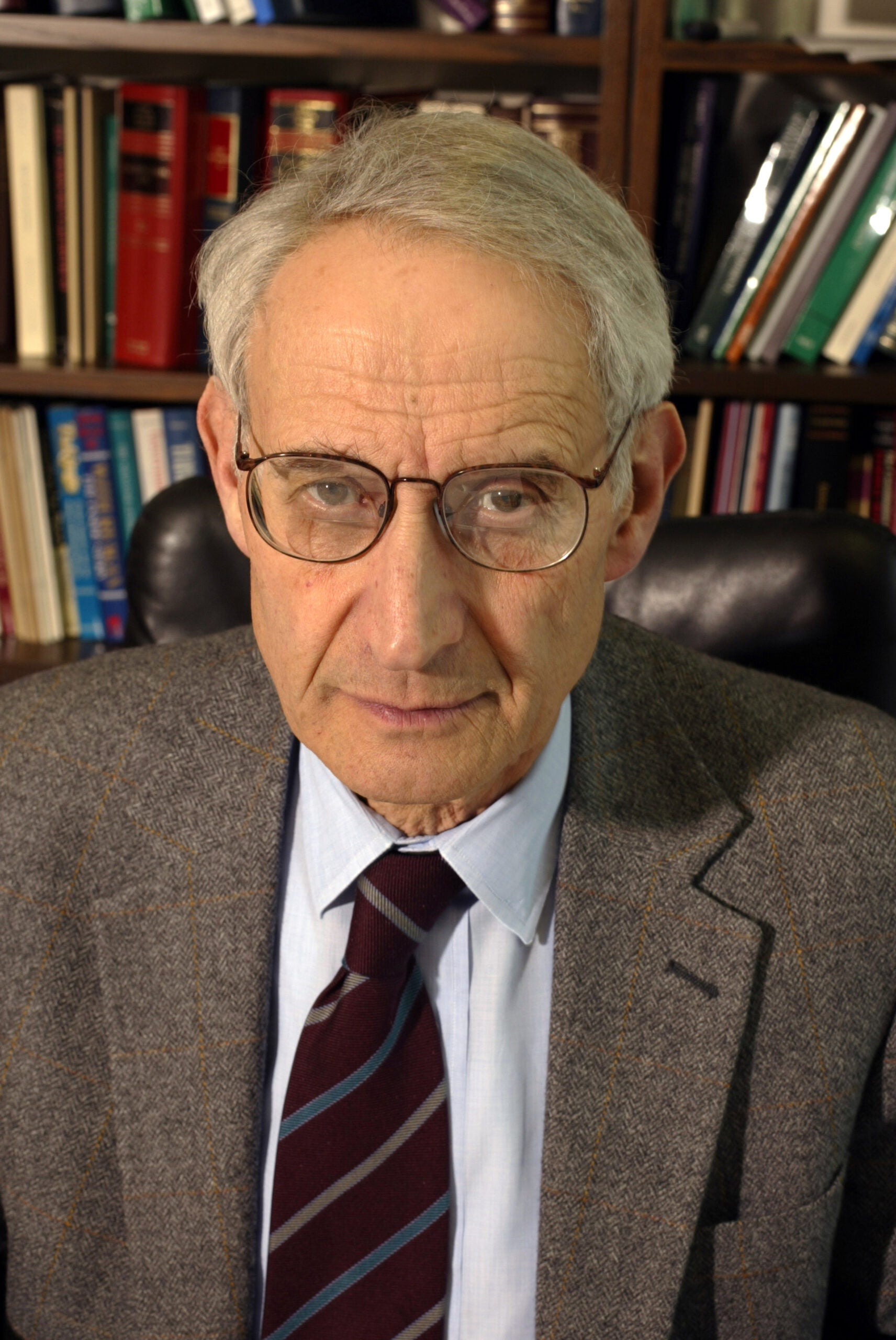The following op-ed by Professor Charles Fried, The case for surveillance, appeared in The Boston Globe on December 30, 2005.
PRESIDENT GEORGE W. BUSH has acknowledged that he authorized surveillance of electronic communications between people in the United States and people beyond our borders without asking for court authorization. The president claims that congressional authorization for military action against Al Qaeda, together with his inherent constitutional powers, make such action lawful. There is some plausibility to that claim but until tested in the courts it is impossible to give a definitive opinion about it.
I am convinced of the urgent necessity of such a surveillance program. I suppose but do not know — the revelations have been understandably and deliberately vague — that included in what is done is a constant computerized scan of all international electronic communications. (The picture of a G-Man in the basement of an apartment house tapping into a circuit board is certainly inapposite.)
Programmed into this computerized scan are likely to be automatic prompts that are triggered by messages containing certain keywords, go to certain addresses, occur in certain patterns or after specific events. Supposedly those messages that trigger these prompts are targeted for further scrutiny.
In the context of the post-9/11 threat, which includes sleeper cells and sleeper operatives in the United States, no other form of surveillance is likely to be feasible and effective. But this kind of surveillance may not fit into the forms for court orders because their function is to identify targets, not to conduct surveillance of targets already identified. Even retroactive authorization may be too cumbersome and in any event would not reach the initial broad scan that narrows the universe for further scrutiny.
Moreover, it is likely that at the first, broadest stages of the scan no human being is involved — only computers. Finally, it is also possible that the disclosure of any details about the search and scan strategies and the algorithms used to sift through them would immediately allow countermeasures by our enemies to evade or defeat them.
If such impersonal surveillance on the orders of the president for genuine national security purposes without court or other explicit authorization does violate some constitutional norm, then we are faced with a genuine dilemma and not an occasion for finger-pointing and political posturing.
If the situation is as I hypothesize and leads to important information that saves lives and property, would any reasonable citizen want it stopped? But if it violates the Constitution can we accept the proposition that such violations must be tolerated?
We should ask ourselves what concrete harm is done by such a program. Is a person’s privacy truly violated if his international communications are subject to this kind of impersonal, computerizerd screening? If it is not, at what stage of further focus do real, rather than abstract and hysterical concerns arise? And to what extent is the hew and cry about this program a symptom of a generalized distrust of all government, or of just this administration?
If of all government, then we are in a state of mind that renders us incapable of defending ourselves from real threats. If of this administration, then can we afford to disarm the only government we have until the result of the next election, which is likely to be as partisan and closely divided as the last?
The resolution of this dilemma to allow both the use of an important tool of national security and respect for the rule of law needs ingenuity, discretion, and a good faith search for sensible solutions. So far I have heard only alarmist and hyperbolic pronouncements calculated neither to illuminate nor resolve this problem.
Charles Fried teaches constitutional law at Harvard Law School. He served as solicitor general in the second Reagan administration and as a justice on the Supreme Judicial Court of Massachusetts.
